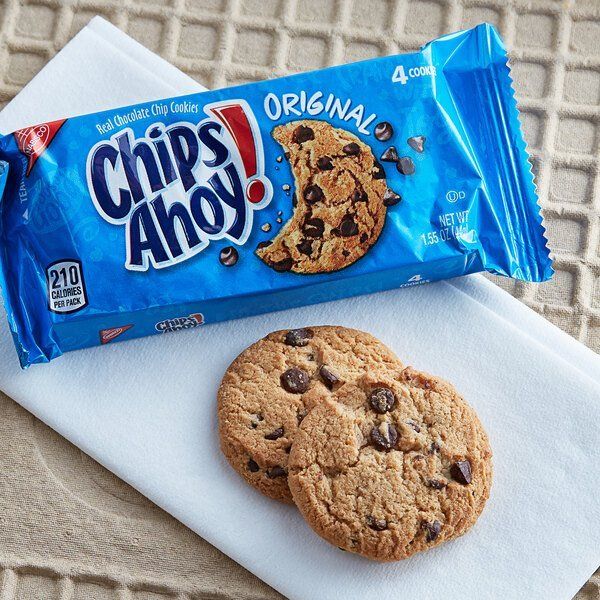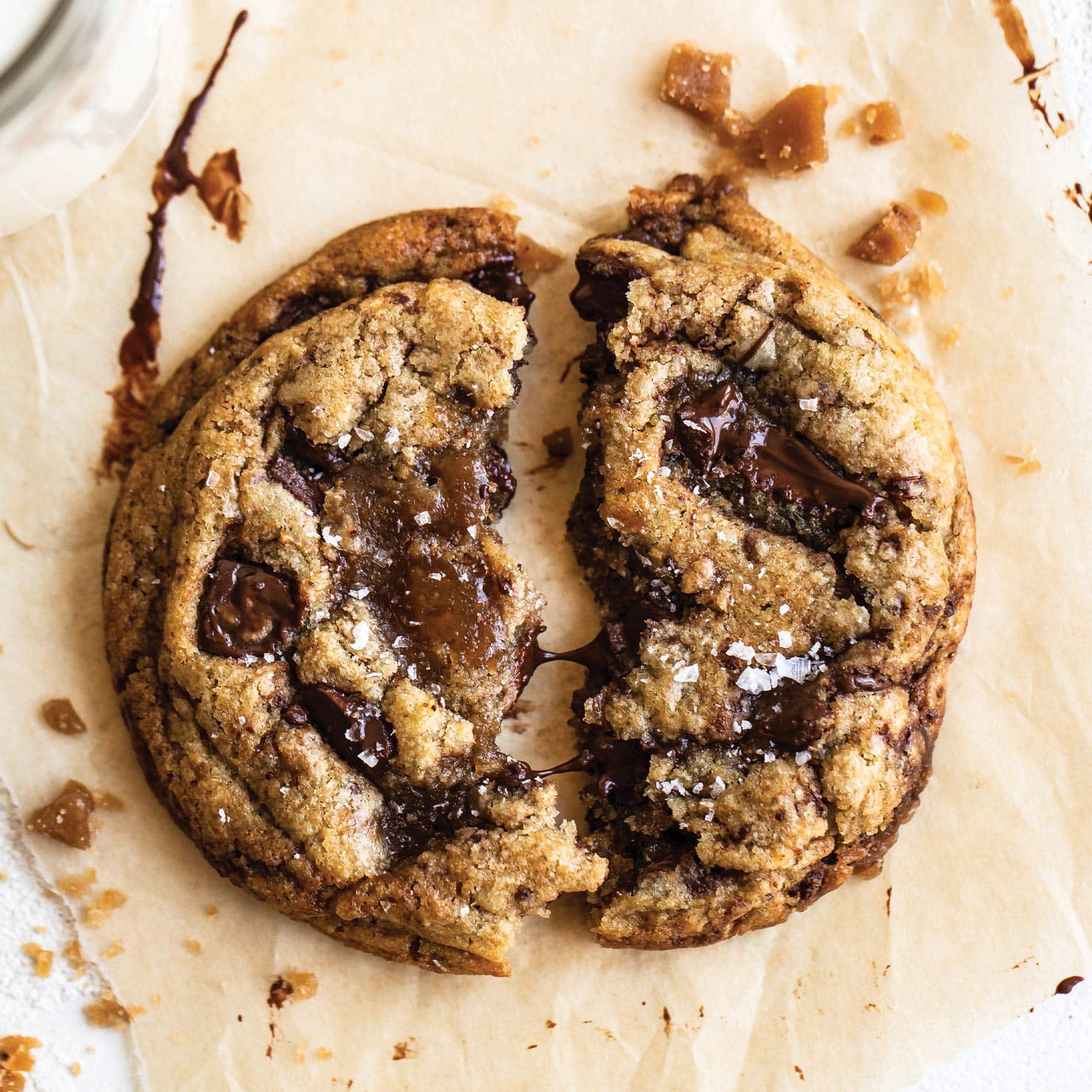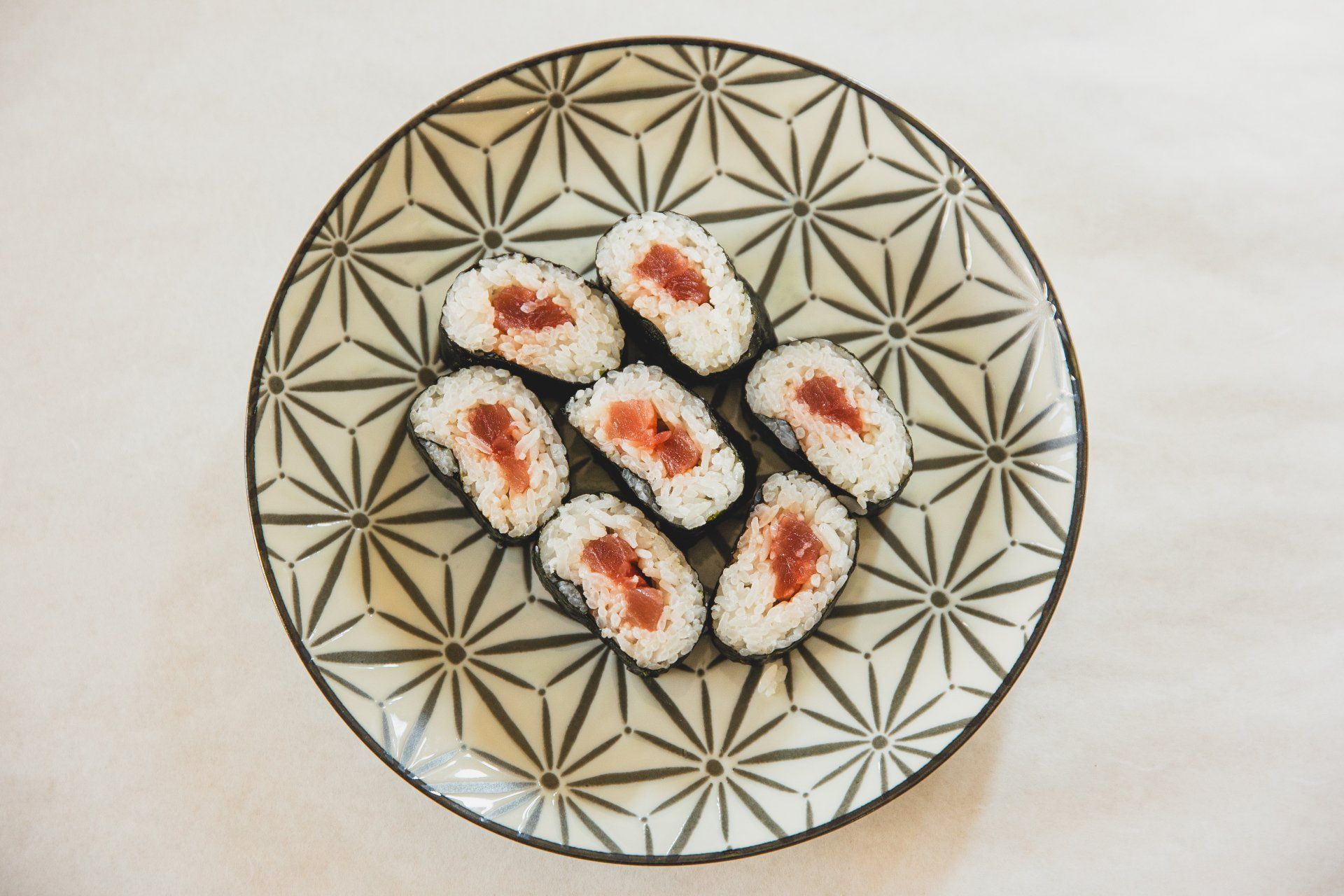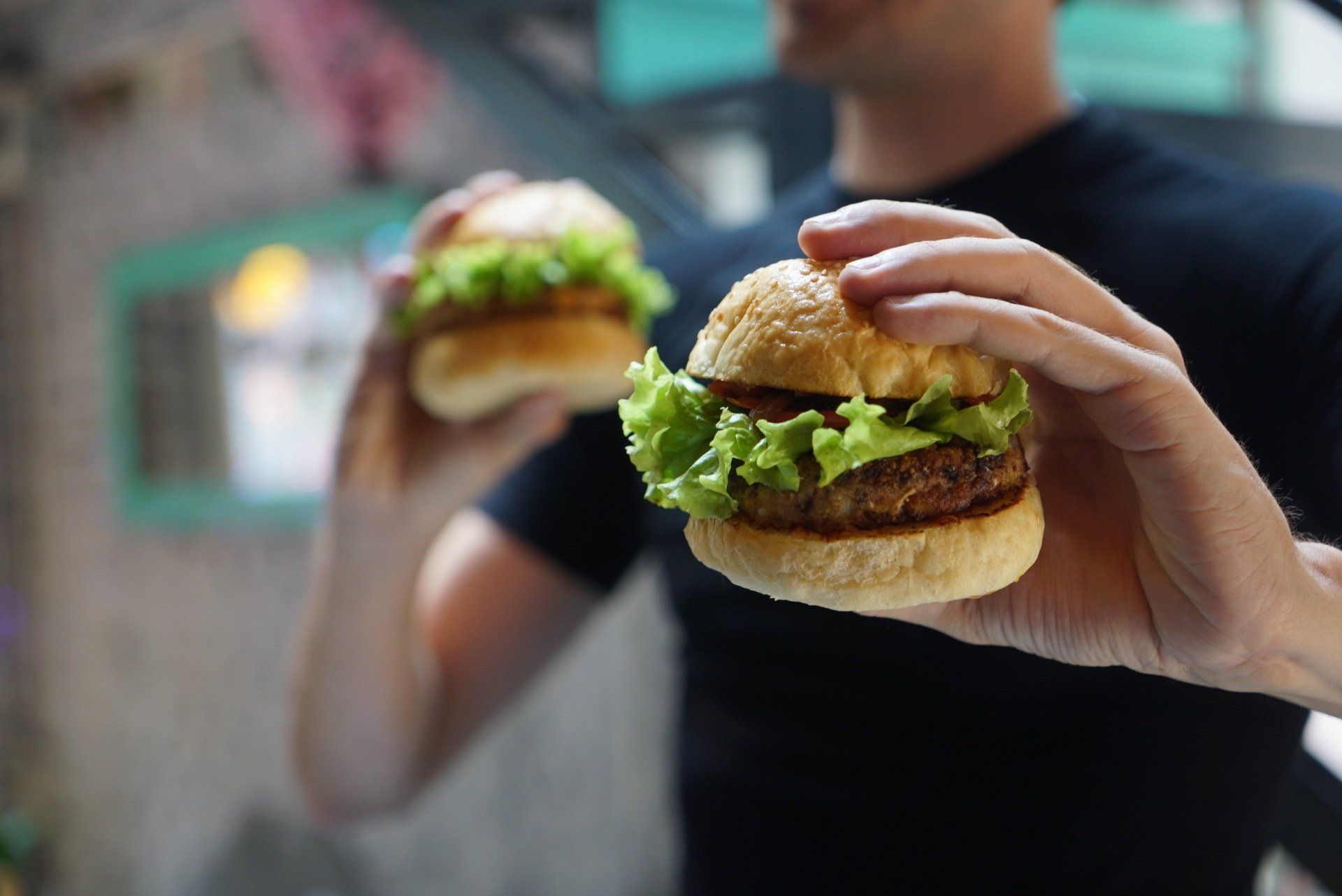Intuitive Eating For Weight Loss: How The French Do It
Learn why the French can eat anything they want without gaining weight…and how you can too.
What are the French doing that we’re not? What are the French doing that we’re not? What intuitive eating habits do they have that we don’t? How is it possible that they can eat anything they want and not get fat?
It doesn’t make sense. Or does it? Let’s do an experiment…
Mindful Eating For Losing Weight
Which cookie would you rather have? This…

Or this?

The French would pick the fresh, homemade cookie, too. But here’s the difference. If only the crappy cookies were available? The French would say, NO WAY, I’d rather starve.
We Americans? We’d be all over it.
This is a major reason why the french are so much thinner than we are. They say no to crap and we don’t.
When you have a higher standard of pleasure you cut out garbage so you can enjoy magic.
You want to be like the French and eat anything you want without getting fat? Then reject low-pleasure food.
And eat only high-pleasure food. You’ve got to become a picky, fussy eater who rejects low-pleasure foods.
If the food doesn’t make you feel JOYOUS you have no business eating it.
If you can’t twerk after eating a food, you shouldn’t be eating it.
Studies show when you base food decisions on higher and higher levels of pleasure you become habituated to higher and higher levels of satisfaction.
When that happens you SAY NO to crap not because you’re on a diet, but because it no longer meets your high standards for pleasure. Now THAT'S an intuitive eating habit worth cultivating.
Ok, so you get it--reject low-pleasure crap, embrace high-pleasure quality. But how does that help you lose weight,? You are still eating sugar, chocolate, butter and the rest!
Ahhh, because, as you can see on the screen, it’s impossible to eat as many high-quality, fresh-baked cookies as it is to eat processed, packaged ones.
They’re harder to find, more expensive to buy, more time-consuming to make them, and because they’re fresh you can’t store them easily to eat later.
The result of only eating high pleasure food? You eat less calories, less sugar, less fat, less everything…
….while maximizing your pleasure.
This is a major reason why people living in Epicurean societies like France eat anything they want without getting fat. Their commitment to pleasure wipes out a heck of a lot calories that we in America eat.
Intuitive Eating For Losing Weight
Let me be clear about what I'm saying. The pickier you are about pleasure the more weight you’ll lose.
The more your taste buds adapt to, and expect rapture in, the taste of food, the more they will reject what you’re currently eating.
Now, this won't happen overnight. It happens over time as you train your taste buds to expect more out of food. It won’t be long before you say no to packaged foods. Why? Because fresh tastes better.
You’ll say no to processed foods. Why? because natural tastes better.
And you’ll give up fast food. Why? Because food is more pleasurable when it doesn’t reek of chemicals.
Becoming a picky eater, a fussy eater, the kind that insists on banging your taste buds like a gong--THAT will result in weight loss.
The Science Behind Pleasure & Intuitive Eating
Cross-cultural studies routinely show that countries placing a higher value on the pleasure they get out of food (Japan, Italy, France) are thinner, eat less, prefer smaller portions, stop eating sooner, have lower obesity rates and enjoy higher well-being.
The research is clear: The more pleasure you get out of food, the thinner you’ll be. Now, how can this be? Didn’t the pursuit of pleasure get us into trouble in the first place? Didn’t our relentless obsession with it lead to bigger portions? Doesn't an increase in pleasure mean a gain in weight?
No. To fully understand why the pursuit of pleasure doesn’t lead to weight gain in places like Japan, Italy, and France (and why it does in the United States) you have to understand that researchers have identified two kinds of pleasure: Visceral and Epicurean.
Visceral pleasures are associated with satisfying basic needs. A full belly, for example, or a slaked thirst. Visceral pleasurists (let’s call them Viscerals) are more concerned with quantity than quality because their pleasure is derived from satiety, a belly that no longer growls or a throat that no longer thirsts.
Epicurean pleasures, on the other hand, are associated with satisfying sensory and emotional needs. In other words, intuitive eating. The taste and flavors, for example, the aesthetics (presentation, ambiance) and the surrounding rituals and traditions.
Epicureans value quality over quantity. Yes, they want a full belly but they’re more concerned with the overall experience of the food.
Visceral and Epicurean pleasures are distinctly different but intricately related. Sensory experiences matter to viscerally-driven pleasure-seekers and filling the belly is important to Epicurean idealists.
It’s wrong to say you only value visceral or Epicurean pleasures as they are equally important tracks of satisfying hunger and thirst.
Next: A Conscious Eating Tool For Pleasure
The only thing you're missing right now is a tool to train your taste buds to reject low-pleasure eating, a tool you're going to learn how to use in the next week’s post.
In the meantime, check out our online course on intuitive eating for weight loss.
Academic Studies Used To Inform This Article On Mindful Eating
Bédard A, Lamarche PO, Grégoire LM, Trudel-Guy C, Provencher V, et al. (2020) Can eating pleasure be a lever for healthy eating? A systematic scoping review of eating pleasure and its links with dietary behaviors and health. PLOS ONE 15(12): e0244292. https://doi.org/10.1371/journal.pone.0244292
Quote: Finally, results from 11 independent interventions suggested that strategies focusing on sensory experiences, cooking and/or sharing activities, mindful eating, and positive memories related to healthy food may be most promising. Thus, eating pleasure may be an ally in the promotion of healthy eating.
Menneteau, U., Kureta-Vanoli, K. (2009). Le goût, un outil dans la prise en charge des patients obèses ou en surpoids.
Obes 4,
120–125. https://doi.org/10.1007/s11690-009-0187-z
Quote: The food we eat when we are hungry gives us more pleasure than eating when we are not hungry. Eating and consciously savouring food increases the pleasure and comfort experienced with each mouthful and makes it possible to restore emotional homeostasis with less food. Working with taste with our patients helps them eat only as long as they are hungry. Eating in this way helps them achieve and maintain their weight at its set point.
Cornil, Y., & Chandon, P. (2016). Pleasure as an ally of healthy eating? Contrasting visceral and Epicurean eating pleasure and their association with portion size preferences and wellbeing.
Appetite,
104, 52–59. https://doi.org/10.1016/j.appet.2015.08.045
Quote: Unlike visceral eating pleasure tendencies, Epicurean eating tendencies are associated with a preference for smaller food portions and higher wellbeing, and not associated with higher BMI.










